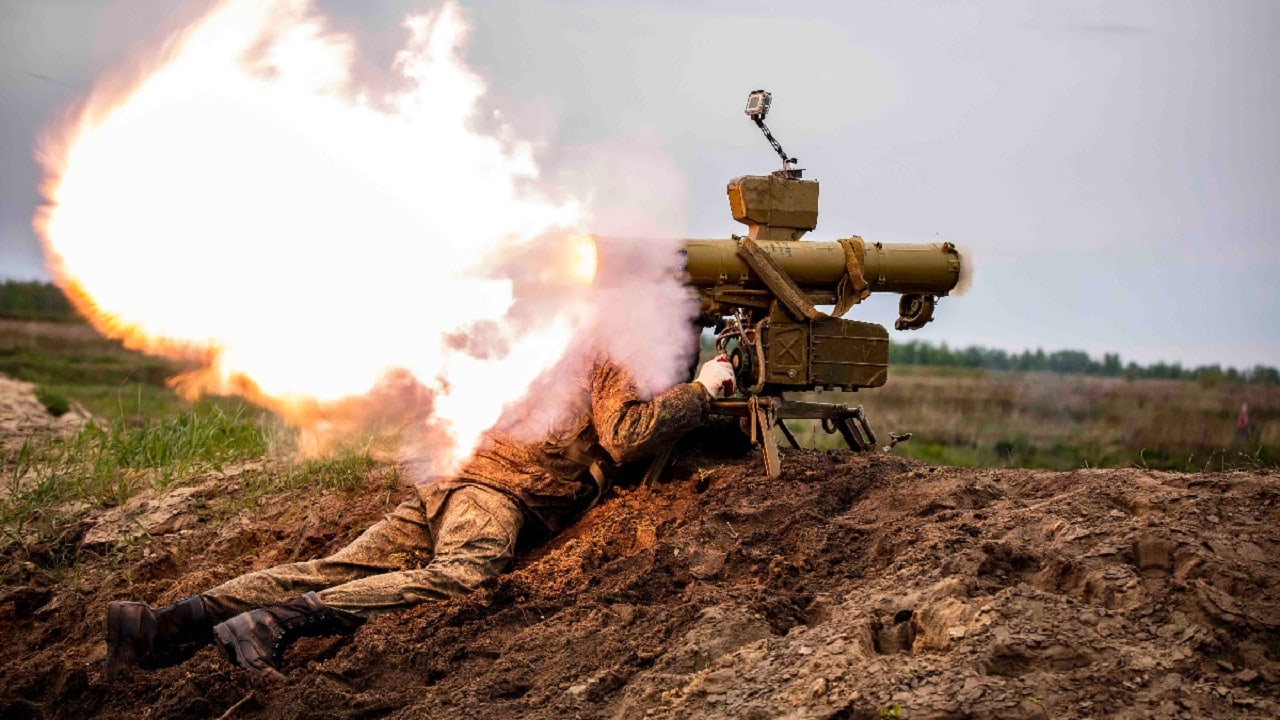Ukraine Crisis Throws Aircraft Manufacturers Into Chaos – On Tuesday, American aircraft manufacturer Boeing confirmed that 141 orders for airplanes are no longer expected to be delivered. The adjustment to the company’s orders come after the United States and NATO allies implemented a range of sweeping sanctions against Russia and other hostile countries, including bans on the export of American-made technology, airplanes, and aircraft parts.
In announcing the adjustment to Boeing’s order backlog, the aircraft manufacturer revealed that it had delivered 41 planes in March. Boeing made 34 deliveries of its 737 MAX single-aisle jets, two of its 767 freight planes, and one 777 freight plane. FedEx Corp received two 767 planes and China Airlines received one 777.
The 41 deliveries last month were almost double the 22 planes delivered in February, and 29 more than the same month last year – a sign that the airline industry is beginning to recover as the COVID-19 pandemic comes to an end. However, Boeing confirmed that most of the 141 aircraft removed from its backlog was a direct result of international sanctions against Russia.
Most of the canceled orders were for the 737 MAX, Boeing’s top-selling plane, and over a dozen 777 and 787 models. Boeing’s backlog of deliveries fell from 4,375 to 4,231 – and while it means other customers are likely to receive their planes sooner, it’s not good for Boeing’s bottom line.
Beyond bans on American aircraft manufacturers exporting planes and parts to Russia, the Ukraine conflict has caused widespread chair for aircraft makers and the airlines themselves.
How the Ukraine War Affected the Airline Industry
A number of major airlines have already been forced to either reroute or suspend flights as a result of Western sanctions against Russia. Worst affected is Aeroflot, Russia’s main airline, which halted all international flights with the exception of flights to and from Belarus. S7, the second-biggest airline in Russia, also suspended international flights to and from Russia.
Some major European airlines have also been forced to cancel flights to Asia, including Finnish airline Finnair, which initially canceled flights to South Korea, China, and Japan, but later resumed some flights to Asia by changing its routes to avoid Russian airspace.
Global airline companies are also facing higher fuel costs, which is translating into higher ticket costs for passengers.
Umang Gupta, the managing director of the Alton Aviation Consultancy, told Newsweek in March that the conflict in Ukraine will have a major impact on routes between Europe and North Asia, and drive prices up.
“The most significant impact of Russian airspace closure will be on flight routes between Europe and North Asia, [which] includes a significant number of flights to Japan and Korea,” Gupta said, adding that rising oil prices will “impact all airlines, at a time when they were starting to see demand return with reducing COVID case counts and fewer border restrictions.”
Jack Buckby is a British author, counter-extremism researcher, and journalist based in New York. Reporting on the U.K., Europe, and the U.S., he works to analyze and understand left-wing and right-wing radicalization, and reports on Western governments’ approaches to the pressing issues of today. His books and research papers explore these themes and propose pragmatic solutions to our increasingly polarized society.

